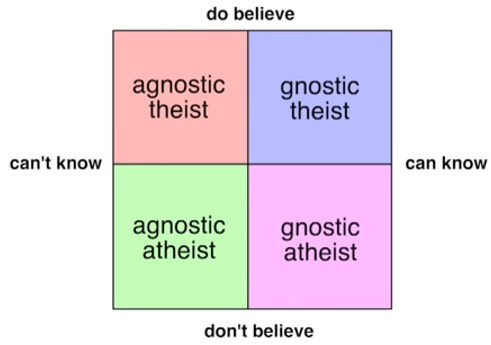This article is being cross-posted to my other blog, The Asexual Agenda.
Some people may have seen the Asexuality 101 page linked on the side bar of A Trivial Knot. I originally wrote that article in 2011, and transported it from blog to blog, occasionally making updates.
Since the beginning, the purpose of the article was to “get it over with”. I had a lot of non-ace readers, but didn’t want to explain the basics over and over again. So the idea was to silently educate readers before they left ignorant comments, saving me energy and saving them embarrassment. These days, awareness of asexuality is so much higher, which leaves me wondering whether the page is necessary, but it sure doesn’t hurt to leave it there.
You can still see older versions preserved on my previous blogs and in the wayback machine if you’re really interested. The article reflects shifting conventional wisdom in how we do asexuality 101, as well as some idiosyncratic choices on my part. Here’s a point by point discussion of why I wrote it that way.


